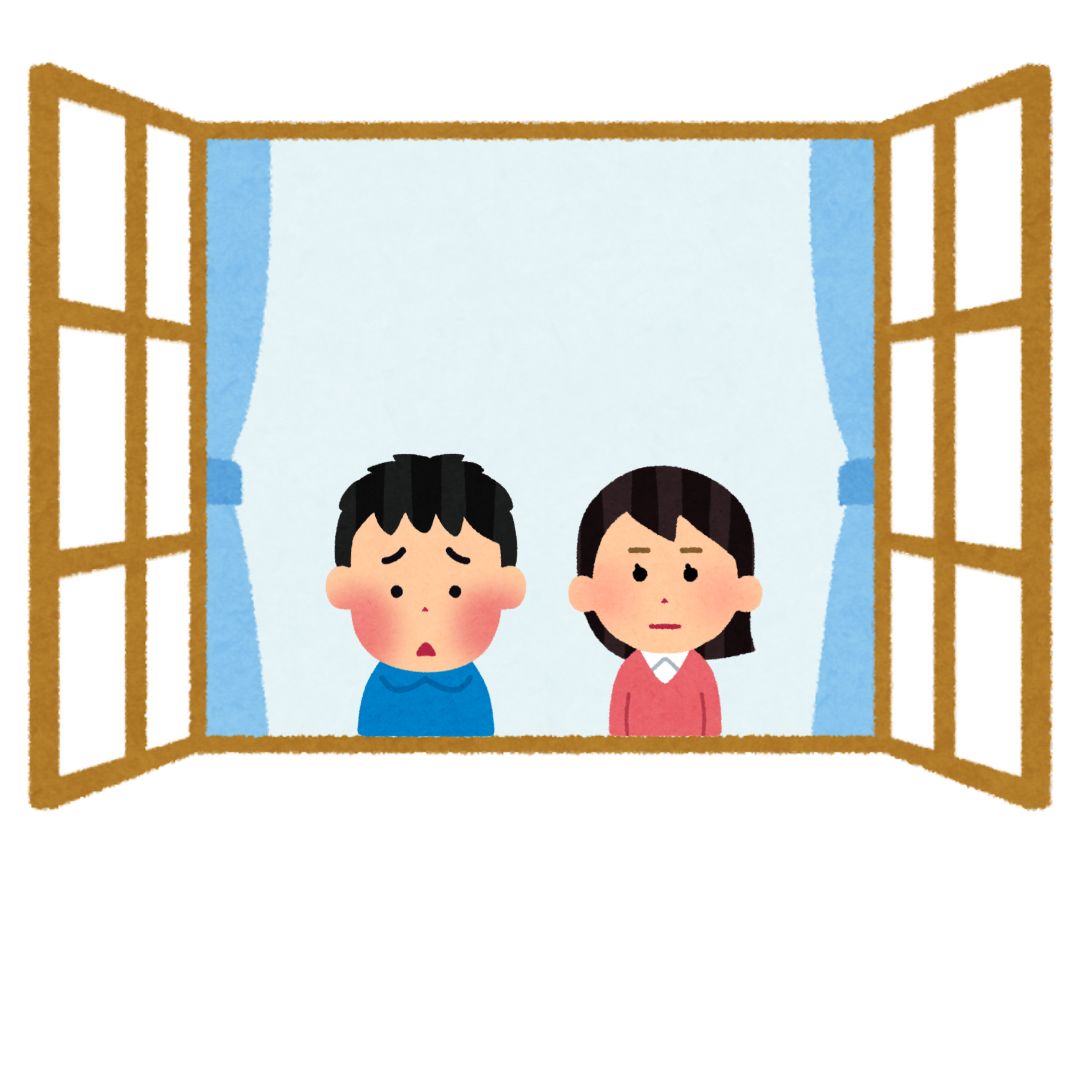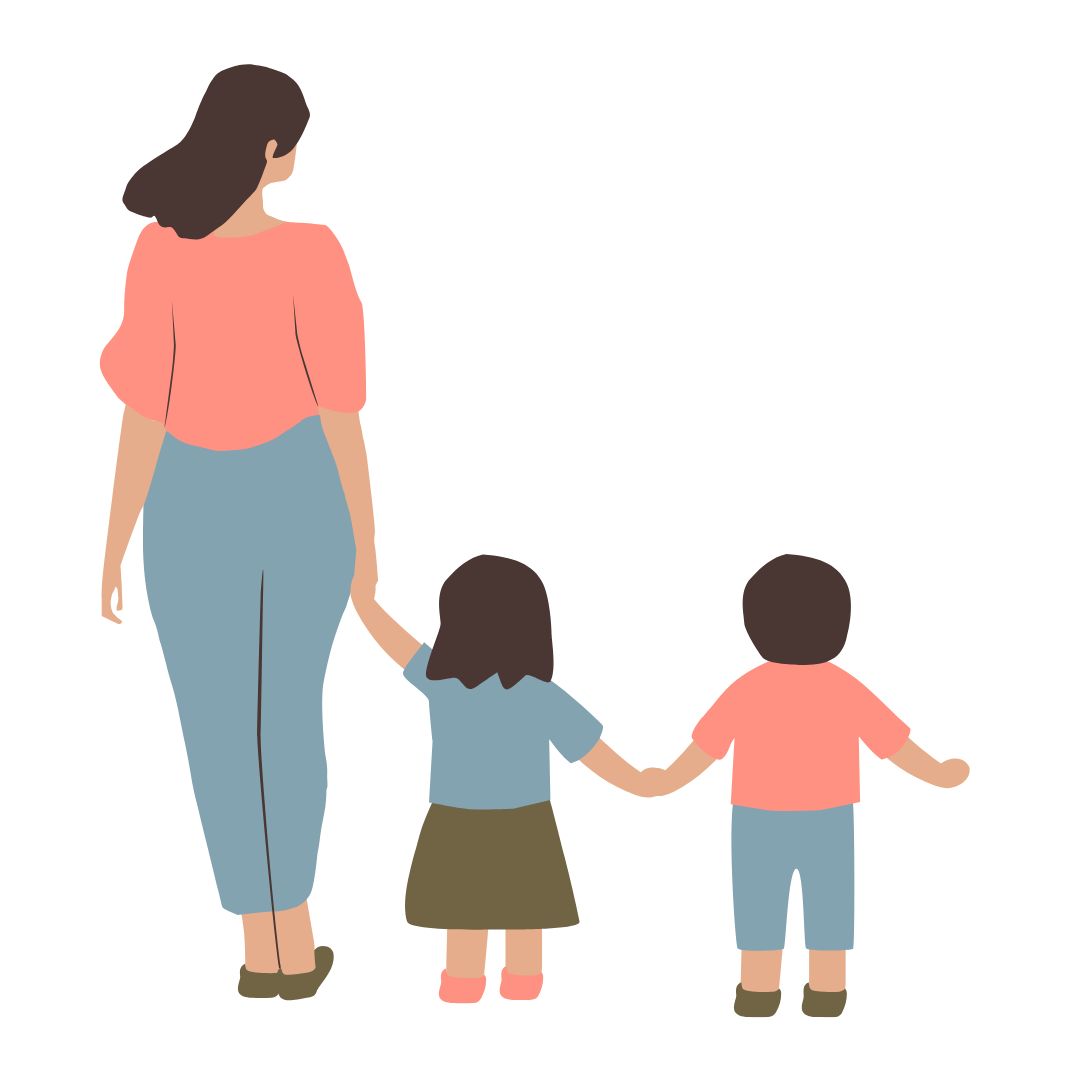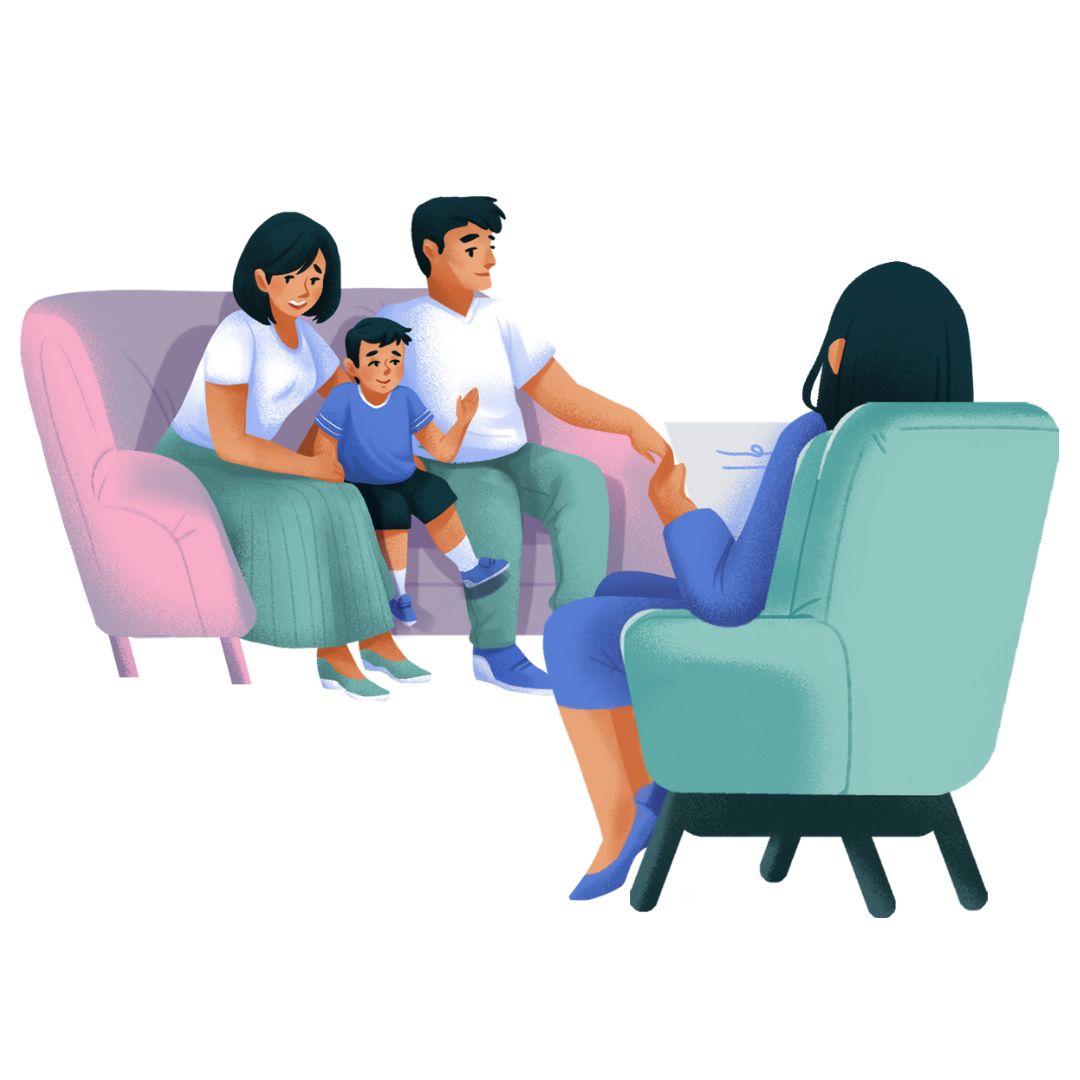Falls from Windows & Balconies
According to Child Accident Prevention Trust (CAPT), nationally, one child under ten is admitted to hospital every day after falling from a building – often from open windows and balconies.
Falls can result in serious head trauma, which can lead to death or life-changing injuries, the consequences of which can last for a lifetime and affect the whole family.

Between 1 April 2019 and 31 May 2025 there have been a total of 16 deaths of children aged under 11 years in England, as a result of a fall from
a window or balcony.
12 of the 16 children who died, were
aged under 5 years.
Source: National Child Mortality Database (NCMD) Aug.2025
Themes identified from NCMD review of deaths
- Families reporting windows as broken, sometimes on multiple occasions and the landlord / Local Authority not fixing them quickly enough.
- Over-riding of window restrictors / closing devices in hot weather or when cooking / cleaning to let smoke / smells out.
- Items available for children to climb on close to the window or on the balcony.
- In some instances, other housing issues were reported, for example, overcrowded accommodation. This meant that the physical living space was small for the family leading to limited space to position furniture in places that were safe for young children.
- Non-supervision of children in areas where windows are not locked
National Child Mortality Database (NCMD)
The NCMD have recently (August 2025), released a nation report on falls from windows, titled Deaths of children aged under 11 years as a result of a fall from a window or balcony

Why are younger children at greater risk of falling?
Pre-school children are particularly susceptible to falls from a height:
- They are curious and want to see what’s happening outside but have no real understanding of danger.
- They can take parents by surprise by a sudden breakthrough in their development. You think they don’t climb but, before you know it, they can clamber up on furniture or haul their toy box across the floor and open a window. And accidents can happen very quickly, when your back is turned or you’re distracted for a minute.
- Small children are built differently to adults – their heads are proportionally much bigger than ours, so they have a different centre of gravity. This means that, if they lean out of a window, they may topple out. And when they land, their head takes much of the impact.
Advice for Families
The Child Accident Prevention Trust has outlined advice for families to ensure they can keep their children safe from windows:
- Keep low furniture away from open windows and balconies so that children can’t climb up and fall out – even on the ground floor.
- If you can, install window catches (to limit how far they can open) and locks.
- If you opt for a lock, keep the keys somewhere you can find them in case there’s a fire and you need to get out.
- If your window won’t lock or you need to open the window wider because of heat or cooking, don’t leave young children alone in the room.

Keeping your balcony safe
Children are naturally curious and want to explore. Making their environment safe is important so they don't hurt themselves or others.
- Keep young children away from balconies unless they are supervised and keep balcony
doors locked when not in use. - Make sure balcony furniture are stored away from the front, so small children cannot climb onto them and over a ledge. Use heavy balcony furniture that is harder for children to move, rather than light plastic furniture.
- If your balcony has railings, cover the gaps so small children can’t push themselves through
- Ensure the balcony surface is non-slip and that all tripping hazards are removed to prevent falls.
-
Falls From Windows PosterShow details
-
Preventing Falls Information PageShow details
-
Free from Falls Fact SheetShow detailsClick here to access the fact sheet.
This is available in various different languages.
-
Falls from windows session planShow detailsClick here to access the session plan.
The falls from windows session plan supports practitioners to run engaging group discussions with parents.


